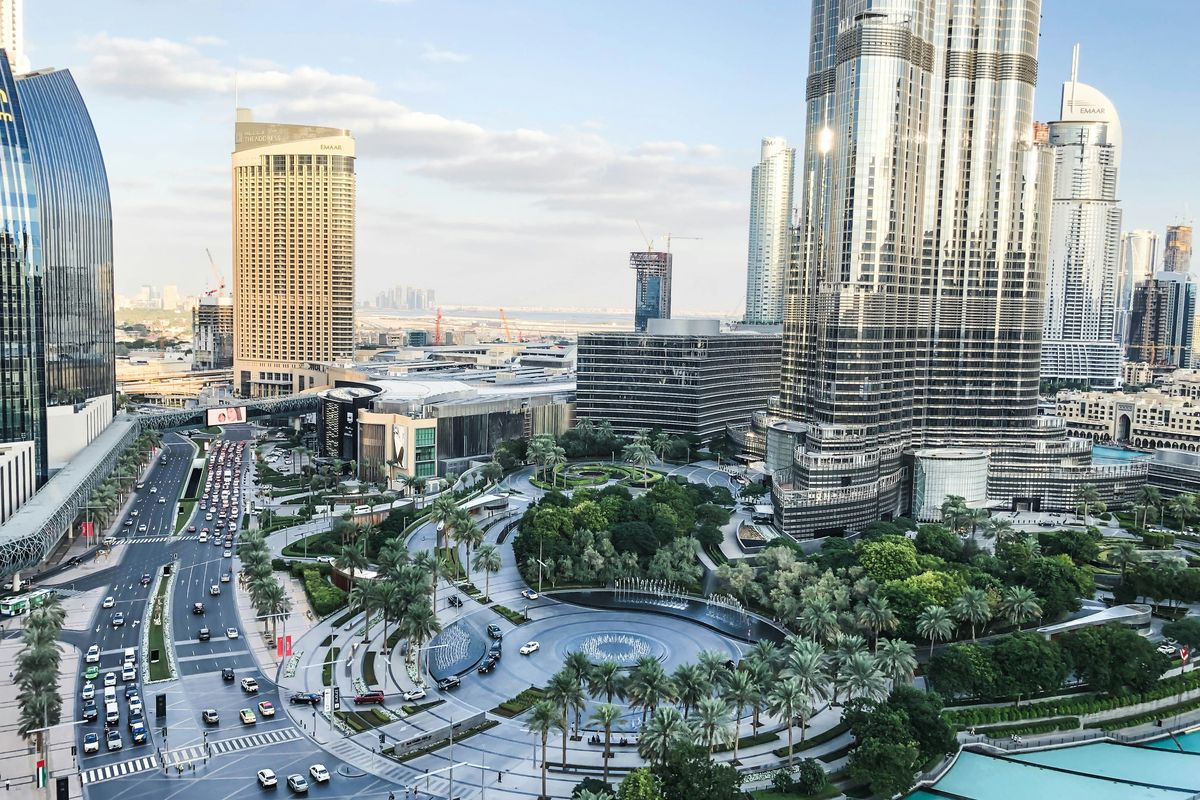UAE among top destinations for global capital
UAE emerges as a global investment hub, leveraging reforms and diversified strategies to attract record foreign direct investment and lead the shift in global capital flows.
Dubai Desk
The Dubai Desk reports on major developments across the UAE, covering news, culture, business, and social trends shaping the region.

The UAE is transforming its role in global finance by becoming a top destination for foreign capital.
The UAE has positioned itself as a leading destination for global capital inflows, reflecting a broader redirection of capital flows amid the emergence of a new global economic order, according to a study released on Monday.
The report, titled “A New Era of Capital Flows in a Polycentric World,” highlights the UAE, Singapore, and Malaysia as examples of how "pull factors" such as political stability, financial stability, and favorable exchange rates are increasingly driving global investment decisions.
Record investment inflows
Structural market reforms and investor-friendly policies have propelled the UAE and Singapore to record levels of foreign direct investment (FDI), while Malaysia’s services and manufacturing sectors are thriving due to significant investments from nations like Hong Kong, Japan, and the US, the report noted.
Developed by ADQ in collaboration with Abu Dhabi Finance Week and Abu Dhabi Global Market, and advised academically by NYU Abu Dhabi's Stern, the study emphasizes the UAE’s unique position in global capital flows. Abu Dhabi, labeled the "Capital of Capital," holds $1.7 trillion in sovereign wealth funds, cementing its status as the world's wealthiest city.
Evolving patterns in global capital flows
The study points to a shift in global capital origins and destinations, moving from traditional sources to a more diverse set of contributors and beneficiaries. This includes shifts in portfolio, trade, and FDI flows, with domestic factors like economic growth, openness to trade, and investor sentiment playing an increasingly pivotal role alongside traditional global factors like liquidity and market volatility.
Previously, the UAE's economic surpluses were predominantly invested abroad. Now, there is a stronger focus on domestic investment, with plans to double cumulative FDI to AED 1.3 trillion and achieve a total FDI balance of $600 billion by 2031. The UAE's approach leverages both greenfield investments and mergers and acquisitions across multiple sectors to optimize capital flow impacts.
The growth of sovereign wealth funds
Global capital from growth markets has surged over the past two decades, driven by the rapid expansion of sovereign wealth funds (SWFs). The number of SWFs globally has grown to 176, with 73 established in the past decade alone. These funds now collectively manage over $12 trillion, doubling in size over 20 years.
The geographic landscape of SWFs has also evolved, with most new funds emerging from growth markets situated between the G7 economies and frontier markets. Notably, even the US and the UK are exploring plans to establish their own SWFs, reflecting the increasing importance of such funds in global finance.
The UAE’s strategic dual role as both a capital importer and exporter creates a dynamic investment ecosystem, positioning it as a key player in the global redistribution of capital flows.










Comments
See what people are discussing